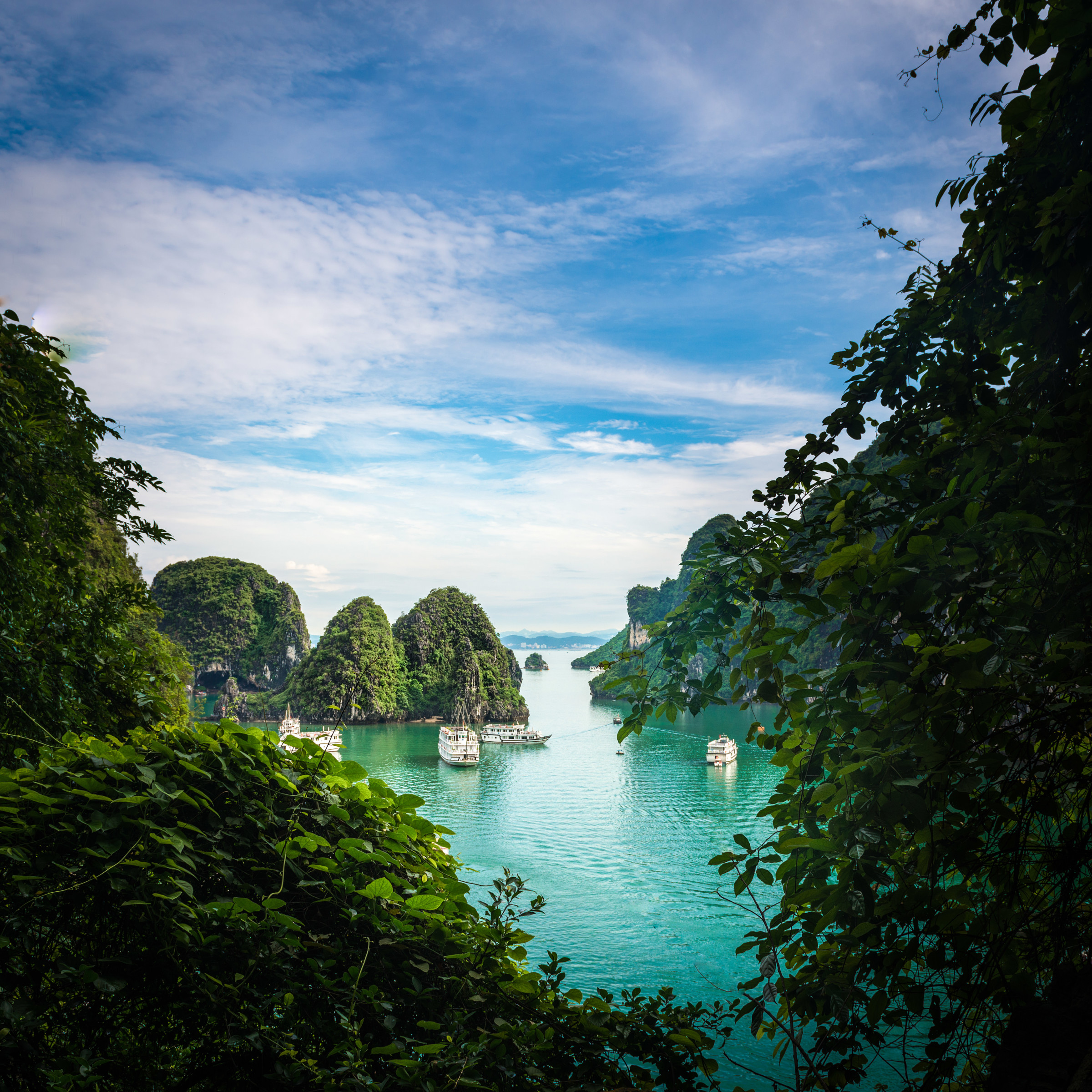Travel consultant Charlotte Bower has done her fair share of globetrotting, including countless trips to Vietnam. With her go-to guide to all those practical matters, you’ll be boarding that plane in no time.
Updated 19 September 2023
Do I need a visa?
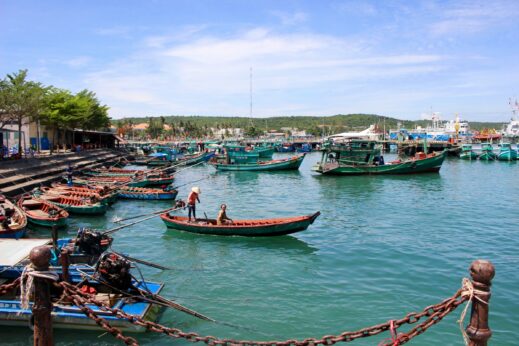
Visa requirements for Vietnam depend on your nationality. If you hold a UK, French, German, Spanish or Italian passport and are in Vietnam for 45 days or less, you can enter under a waiver, meaning you don’t need a visa.
Citizens of the UK, US, Canada, Australia and New Zealand are amongst those who can obtain an e-visa in advance, which can be arranged on the official website. You should hear back within three days if your visa is accepted, and you’ll need to print out the document to show on arrival in Vietnam. This visa will be valid for 90 days, and cover multiple entries into Vietnam. You’ll be required to upload a passport-sized photo and pay a fee of USD25.
If you’re arriving into Hanoi Noi Bai, Ho Chi Minh Tan So Nhat or Danang International Airport, you can obtain a visa on arrival. You can purchase a visa for either 30 or 90 days, single entry or multiple entry. If you’re travelling with us, we’ll arrange a visa authorisation letter (which you’ll need to board your international flight).
In some cases, you may need to do it the old-school way and arrange a visa in advance. This can be done up to 6 months before you travel, and we can help if you need further details about your nearest embassy or the application process.
What should I expect from the weather?
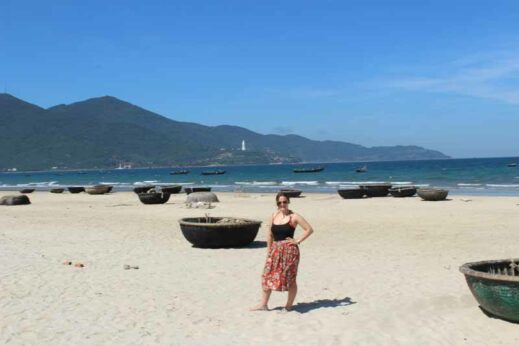
Vietnam is long and thin, which means it covers a wide range of weather patterns – including rainy seasons – depending on where you go. There are recommended (and not recommended) seasons for activities like trekking, cruising or hitting the beach.
Vietnam’s climate deserves its own blog post – and it has one. Read more about what to expect from the weather here.
What currency do I need to bring?
The official Vietnamese currency is the dong (VND). While US dollars are also accepted in areas that receive a lot of tourists, most transactions are conducted in dong.
The highest denomination note is 500,000 VND, but be careful – it looks very much like the 20,000 VND note! Other notes are: 1,000, 2,000, 5,000, 10,000, 20,000, 50,000, 100,000 and 200,000 VND.
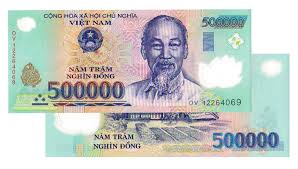
As of September 2023, the following are guideline conversion rates:
GBP 1 = 30,300 VND
USD 1 = 24,400 VND
EUR 1 = 26,100 VND
AUD 1 = 15,800 VND
In places where dollars are accepted, you’ll often find you pay a higher price than you would do in dong; the vendor decides the rate of exchange, and usually rounds the price up to the nearest dollar.
You can exchange cash in Vietnam at many hotels, banks and bureaux de change. US dollars are by far the most widely accepted foreign currency to exchange in Vietnam, followed (very distantly) by the Euro. British pounds, Canadian dollars and Australian dollars are not widely accepted, and where they are, the exchange rate is usually terrible.
Vietnam remains predominantly cash-based, so most restaurants and shops – with the exception of large international chains – will not accept plastic. Instead, it’s best to carry enough cash for everyday transactions. Despite the lack of card facilities, ATMs are common throughout the country.
Do I need any vaccinations?
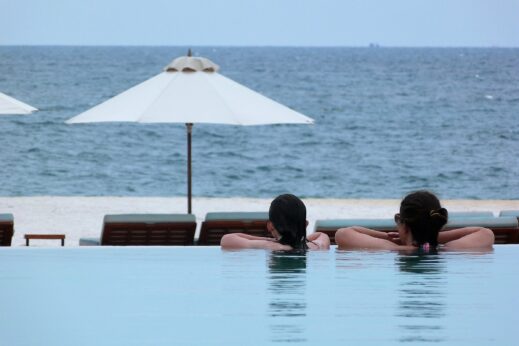
One of the questions I get asked most is about vaccinations – which ones, when and how many. Exact requirements depend on your final route as well as existing health conditions, so get the final word from your doctor; this blog on vaccinations will steer you in the right direction.
What do I need to know about the local etiquette?
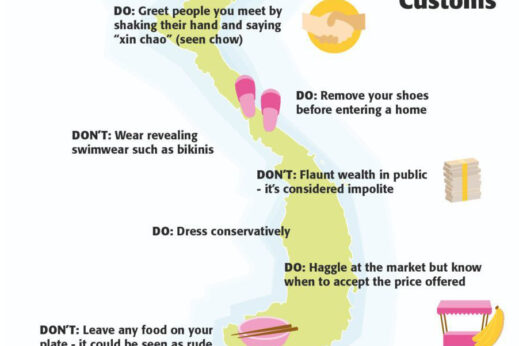
Visiting a new country can be a minefield of cultural faux pas. Sometimes what you’d consider usual behaviour at home can cause offence on the other side of the world! For more information, check out this blog.
Are there any public holidays I should know about?
Public holidays in a foreign country can be fun – but some, like Tết (Vietnamese New Year), can have quite an impact on your trip. Spread over a week, this lunar festival doesn’t have fixed dates, but usually occurs in the last two weeks of January or the first two weeks of February.
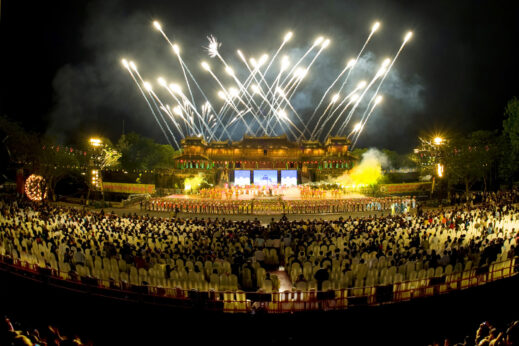
Much like Christmas in the West, Vietnam shuts down for this family-focused celebration, meaning all those tasty family-run restaurants won’t be open, colourful market stalls shut up shop, temples are packed, guides and drivers will be taking a well-earned rest and domestic airports will be busy with people visiting family across the country.
If you need to travel at this time of year, stay at a beach resort and you won’t even notice the closures. Alternatively, visit one of Vietnam’s neighbouring countries such as Cambodia or Laos, where the New Year is in April.
Aside from Tết, Vietnam has other wonderful festivals you might find interesting, such as the biannual Hue arts festival, or the lantern festival in Hoi An. You can read about some of our favourites here.
Is it safe?
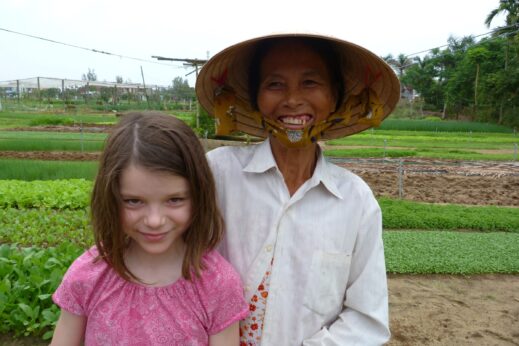
In a word, yes. Vietnam is a safe and friendly country to visit, and tourism is well established in many areas.
Saying this, do follow the latest travel advice of your government. The UK Foreign & Commonwealth Office has information about security and local laws, plus passport and visa information here. Country-specific information can be found for US, Canadian and Australian citizens too.
Essentially, take the same precautions with regards to personal safety and valuables when travelling as you would at home and you should be fine.
Do I need to bring an adaptor?
Vietnam uses 220v with two round-pin plugs (type C or F – European). Most sockets also accept 2 flat-pin plugs (type A – American). Plug adaptors are often available at hotels, but do bring them with you – they are readily available in electronic stores at international airports worldwide.
Will there be good Wi-Fi?
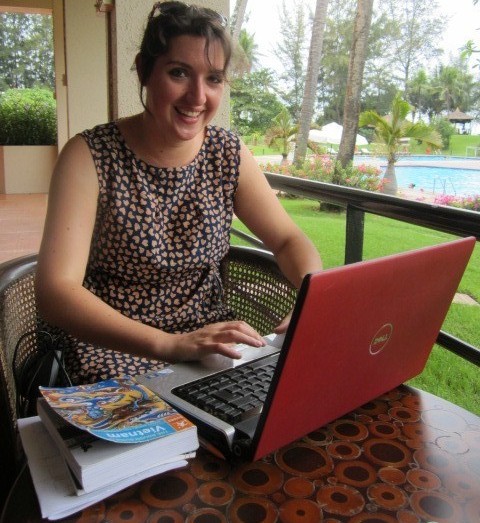
Complimentary Wi-Fi internet access is available in almost all international standard hotels in Vietnam should you wish to bring laptops/tablets. There’s usually no access on boats or in remote homestays and lodge-style accommodation.
Whether you still have questions or you’re just about ready to book your Vietnam trip, drop our team of Southeast Asia experts a line. After some inspiration? Our Vietnam’s Greatest Hits itinerary a great place to start.
